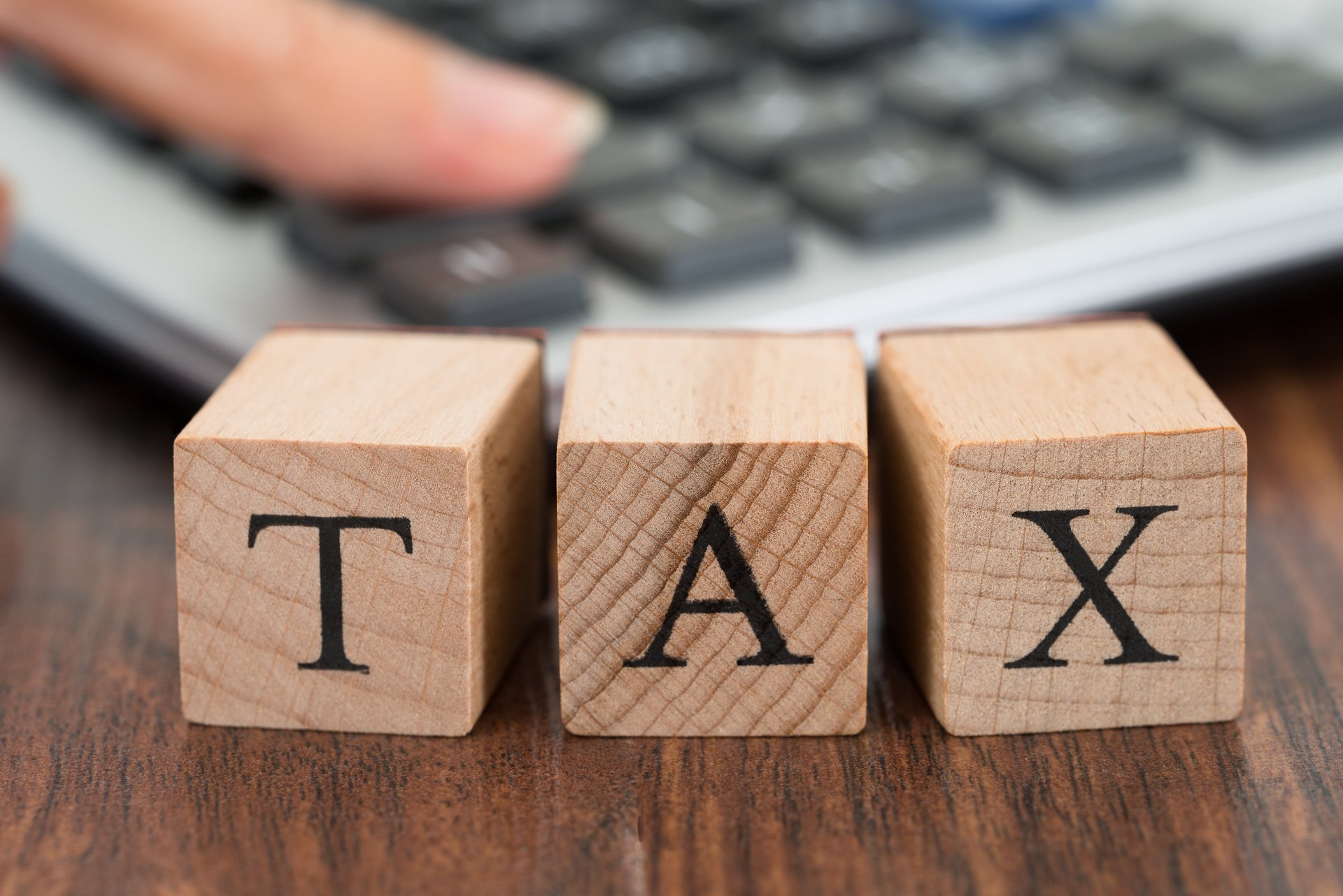
Whether to raise taxes on the wealthy has been a hot topic during this presidential election cycle. But residents of two states have the chance to vote on the matter this Election Day.
Ballots in both Maine and California ask voters whether state income taxes should be increased for residents who earn more than a certain amount of income. In both cases, the added funds would largely benefit the states’ education systems.
In Maine, the ballot initiative is known as Question 2, which reads:
Do you want to add a 3% tax on individual Maine taxable income above $200,000 to create a state fund that would provide direct support for student learning in kindergarten through 12th grade public education?
The legislation behind the ballot initiative mandates that 100 percent of the revenue generated by the additional 3 percent tax “must be deposited into” a fund established to benefit kindergarten through grade 12 education.
If Question 2 passes, the increase would go into effect next year.
Additionally, Maine’s top individual income tax rate would become the second-highest in the country (10.15 percent), behind that of California (13.3 percent), according to the nonprofit Tax Foundation.
The $200,000 income tax bracket would also create what’s known as a “marriage penalty,” the foundation says, because the 3 percent increase does not differentiate between individuals and married couples who filing taxes jointly.
In California, the ballot initiative voters will see Tuesday is known as Proposition 55, which “extends by twelve years the temporary personal income tax increases enacted in 2012 on earnings over $250,000, with revenues allocated to K–12 schools, California Community Colleges, and, in certain years, health care.”
Proponents note that Proposition 55 does not technically raise anyone’s taxes, because it is an extension of an existing increase. Detractors point out, though, that it’s an extension of an increase that was supposed to be temporary, ending in 2017.
How would you vote on these proposals? Share your thoughts below or on Facebook.




Add a Comment
Our Policy: We welcome relevant and respectful comments in order to foster healthy and informative discussions. All other comments may be removed. Comments with links are automatically held for moderation.